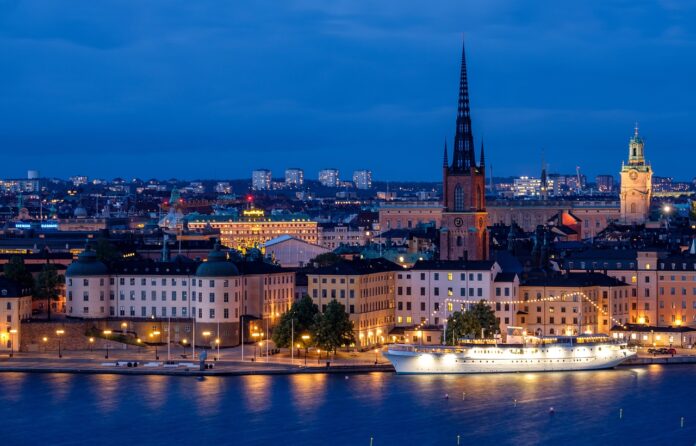Historically, the countries of Northern Europe have become some of the most prosperous in the world. This region is rich in history, culture, and traditions and is known for the hard work of its inhabitants.
Once, the ancestors of these people were known for their frequent raids on southern territories, which was a significant part of their livelihood. However, much has changed since then, and Northern Europe has long been one of the brightest centers of civilization and prosperity.
Facts About Northern Europe:
- Monarchies: Four countries in Northern Europe— the United Kingdom, Sweden, Norway, and Denmark—still have constitutional monarchies.
- Whaling: Norway is the only country in the world where commercial whaling is still allowed.
- Santa’s Finnish Cousin: The Finnish version of Santa Claus, known as Joulupukki, translates to “Christmas Goat.”
- McDonald’s Popularity: McDonald’s is highly popular in Northern Europe, with Sweden boasting more outlets per capita than any other European country.
- Swedish Buffet: The famous “smorgasbord” or “Swedish table” dining style was invented in Sweden in the 19th century.
- Bird Protection: In Sweden, even accidentally killing a bird, such as a sparrow, can lead to up to six months of community service.
- Green Initiatives: Several Northern European countries have enacted laws that will phase out internal combustion engines in the coming years, replacing traditional cars with eco-friendly electric vehicles.
- Greenland’s Butterflies: Despite being covered in ice, Greenland, the world’s largest island, is home to about 50 different species of butterflies.
- @ Symbol: In Sweden, the “@” symbol is called an “elephant” instead of “at” or “dog.”
- Ice Reserves: Greenland has the largest ice reserves in Northern Europe, with ice thickness reaching up to 1,500 meters in some places. If it all melted, the global sea level would rise by approximately 7 meters.
- Fastest Glacier: The fastest glacier in the world, Jakobshavn, is also located in Greenland, moving at a speed of 25-30 meters per day.
- Safety: Norway ranks among the safest countries in the world.
- No Surnames: Most Icelanders don’t have family surnames. Instead, they use patronymic or matronymic names derived from their father’s or mother’s first names. For example, Sigurd Svensson means “Sigurd, son of Sven,” while Hilda Brynhildsdottir means “Hilda, daughter of Brynhild.” Surnames are typically only found among immigrants and their descendants in Iceland.
- Finnish Sauna: The sauna, as we know it, was invented in Finland, although ancient Romans also enjoyed bathhouses.
- Donald Duck Ban: Finland has banned Donald Duck comics for an unusual reason—the anthropomorphic duck doesn’t wear pants.
- Silence in Public: In Norway, Denmark, and Finland, it’s uncommon to strike up conversations with strangers on public transport.
- No Mosquitoes: Iceland is the only country in Northern Europe without mosquitoes.
- Cross on Flags: All Northern European countries have a cross on their national flags.
- Ancient Language: Icelandic is one of the oldest languages still in use today and has changed very little over the centuries.
- Traffic Fines: Northern Europe imposes some of the highest traffic fines in the world, as fines in some countries are calculated based on the offender’s income—the more you earn, the more you pay for the same violation.
- Faroe Islands: The Faroe Islands, now part of Denmark, once belonged to Norway, but the Danish king won them in a card game from the Norwegian king.
- Disney Inspiration: Disneyland was inspired by Tivoli Gardens in Denmark after Walt Disney visited the park and was deeply impressed.
- Oldest Flag: Denmark has the oldest continuously used national flag in the world.
- Coffee Consumption: Sweden ranks first in the world for coffee consumption per capita.
- Low Crime: In Iceland, the crime rate is so low that the country has only one prison, and even that is often empty.
